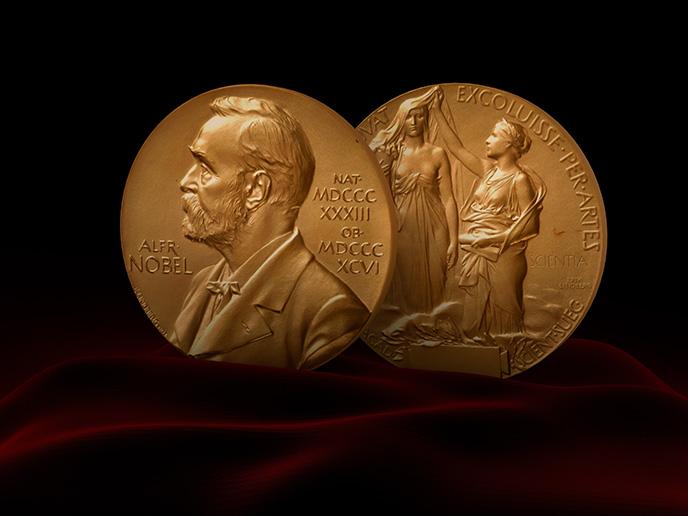Unravelling our origins with the help of ancient DNA
Where do we come from, and what makes us uniquely human? For his seminal work bringing us closer to these answers, Svante Pääbo has been awarded the 2022 Nobel Prize in Physiology or Medicine. Through this award, the Nobel Assembly at Karolinska Institutet has recognised Prof. Dr Pääbo’s discoveries concerning the genomes of extinct hominins and human evolution. The scientist’s pioneering research led him to sequence the genome of the Neanderthal, an extinct cousin of modern humans, and to discover another extinct hominin, the previously unknown Denisova. The Swedish geneticist also found that when Homo sapiens migrated from Africa to Eurasia about 70 000 years ago, they encountered and mixed with both of these now extinct hominins. The gene transfer that occurred during their coexistence has resulted in the presence of archaic DNA in present-day humans, influencing many things in our physiology today. Prof. Dr Pääbo also received EU funding through the European Research Council for the 100 Archaic Genomes (Genome sequences from extinct hominins) project. He and his team enhanced the knowledge about genetic variation in Neanderthals and Denisovans and also generated several new genomes from both groups. A press release published on ‘The Nobel Prize’ website states: “By revealing genetic differences that distinguish all living humans from extinct hominins, his discoveries provide the basis for exploring what makes us uniquely human.”
Achieving “the seemingly impossible”
The Nobel laureate began to develop methods for the study of Neanderthal DNA as a postdoctoral student. Continuing his research in archaic DNA, in 1990 he succeeded in sequencing a region of mitochondrial DNA from a 40 000-year-old piece of Neanderthal bone, providing the first-ever access to a sequence from an extinct hominin. He later decided to focus on sequencing the Neanderthal nuclear genome. After founding the Max Planck Institute for Evolutionary Anthropology (MPI-EVA) in Leipzig, Germany, in 1999, he set out to improve the methods to isolate and analyse DNA from archaic bone remains. In 2010, the MPI-EVA team members accomplished what the press release describes as “the seemingly impossible,” publishing the first-ever Neanderthal genome sequence. Prof. Dr Pääbo’s team also sequenced a 40 000-year-old finger bone fragment discovered in the Denisova Cave in Siberia in 2008. This led to the discovery of a previously unknown hominin. “Following the initial discoveries, his group has completed analyses of several additional genome sequences from extinct hominins. Pääbo’s discoveries have established a unique resource, which is utilized extensively by the scientific community to better understand human evolution and migration.” In a telephone interview conducted following the announcement of the Nobel Prize, the scientist was asked whether his discoveries should change how humans view their place in the world. He replied: “Yes, I think so. I mean sometimes I think it’s interesting to think about if Neanderthals had survived another 40 000 years, how would that influence us? Would we see even worse racism against Neanderthals, because they were really in some sense different from us? Or would we actually see our place in the living world quite in a different way when we would have other forms of humans there that were very like us but still different. We wouldn’t make this very clear distinction between animals and humans that we do so easily today.” For more information, please see: 100 Archaic Genomes project
Keywords
100 Archaic Genomes, Nobel Prize, Neanderthal, Denisova, hominin, human, genome, DNA



